Reconstruction Was Sabotaged. But What If It Hadn't Been?
We were waaaayyyyyy too kind to the Confederates.
Tomorrow is Juneteenth, the holiday the U.S. government thinks is an adequate apology for 400 years of anti-black terrorism.
Originally the day when emancipation reached the enslaved population of Galveston Bay, Texas, the recently formed holiday is commonly used to reflect and cherish the history and culture of African Americans. Naturally, such reflection gives great consideration to the crimes of slavery, Jim Crow, sharecropping, and segregation.
While the obliteration of these systems is worth celebrating, we should also recognize that they were not inevitable. Following the Civil War, the United States had the opportunity to ensure formerly enslaved people were granted full and equal rights through Reconstruction. Had this program been allowed to run its course, the generational structural racism that cost thousands of lives and boundless misery could have been avoided.
The Real & Wrong Reconstruction
Following Abraham Lincoln’s assassination, Andrew Johnson assumed the presidency and tried to smother Reconstruction in the cradle. Johnson was a Southern Democrat who Lincoln appointed Vice President as an olive branch to Confederates looking to rejoin the union. Unfortunately, what was supposed to be a symbolic gesture caused eternal harm.
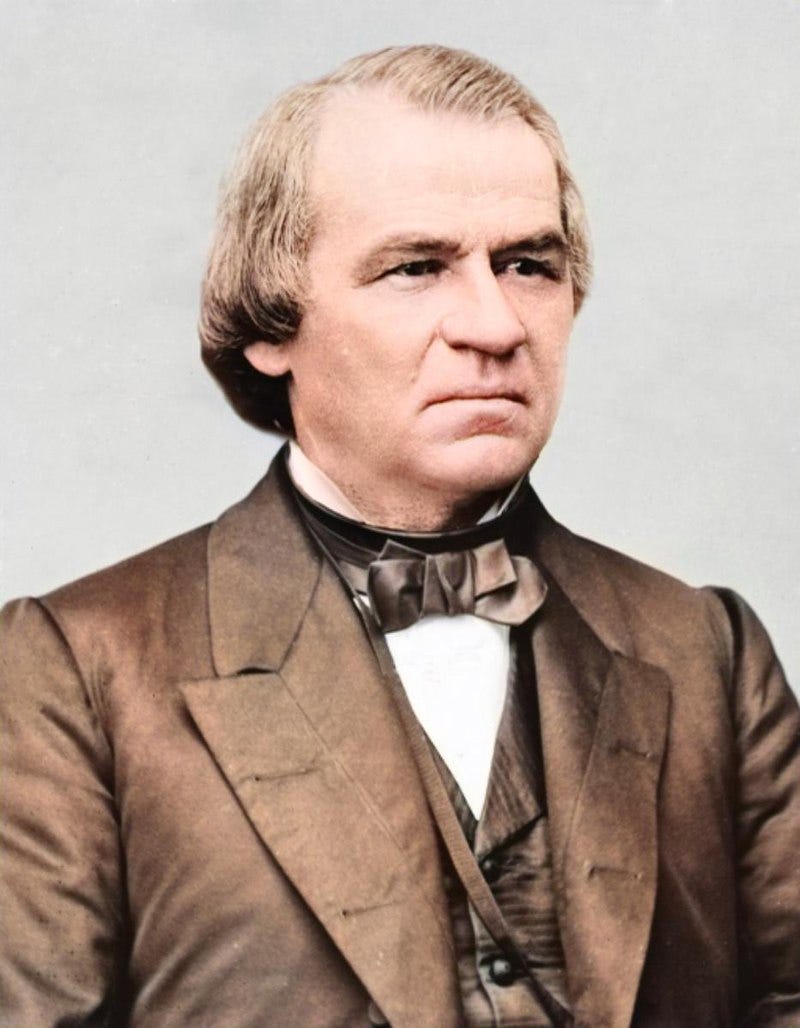
Johnson let southern states pass “Black Codes,” effectively returning African Americans to slavery. Outraged, Northerners elected a Congress of radical Republicans in 1866, which immediately passed The Reconstruction Act, taking the project into their own hands. The Act sent the U.S. military to occupy the South and required former Confederate states to write new state constitutions as well as ratify the 14th Amendment, guaranteeing former slaves citizenry. By 1870, all former Confederate states met these criteria, which, in conjunction with the universal male suffrage of the 15th Amendment, created a brief period of prosperous racial equality.
The short-lived Freedmen’s Bureau provided basic welfare to newly freed slaves, oversaw fair labor contracts between them and their employers, and even created the South’s first public school system. Republican-led state governments invested heavily in public infrastructure, building railroads, trolleys, irrigation networks, and other public projects that drastically increased the quality of life for working-class Southerners, Black and White alike. The rewritten state constitutions guaranteed the right to vote for all men (except former Confederate leaders), leading to a multi-racial democracy.
With formerly-enslaved Black men able to vote, the South became a bastion of Black political will. On February 25th, 1870, Hiram Rhodes Revels was sworn in as the first Black Senator. Over the next decade, fifteen Black men from former Confederate states were elected to Congress. Comparatively, the Union states didn’t elect a Black representative to federal office until 1929 (Oscar Stanton De Priest served as the Representative from Illinois from 1929 - 1935).
Black electoralism was reflected in local and state legislatures as well. From the end of the Civil War until 1877, over one thousand Black men served in the state legislatures of former Confederate states. South Carolina achieved a majority of Black legislatures, with twenty-nine African Americans serving in the State Senate, two-hundred and ten in the House, two Black Lieutenant Governors, as well as a Black Treasurer and Secretary of State. The majority of these men had been born into slavery.
Unfortunately, we all know this prosperity didn’t last. Before Grant and Lee even left Appomattox Court House, Southern Whites turned to racial terrorism to stop freed African Americans from enacting their democratic rights. Supported by the Democratic Party, the Ku Klux Klan and The White League conducted raids, lynchings, burnings, and other forms of intimidation to keep freedmen from voting. The Klan would grow and swell in response to Black liberation movements over the next century, while The White League eventually became the Louisiana National Guard (I’m not joking).
With Black voters deterred from the polls, Democrats took back political control of the South. In 1875, President Grant refused to send troops to quell anti-Black violence in Mississippi, signaling the beginning of Reconstruction’s end. Modern historians see the “official” end of Reconstruction as the Compromise Of 1877, in which Rutherford B. Hayes agreed to end federal support for the project in exchange for Southern Democrats certifying him as the winner of the Presidential election and promising to respect the rights of African Americans. Hayes kept his promise, removing federal troops from the South, while Southern Democrats did not — Shocking! Once federal troops were gone, the South imposed Jim Crow laws, disenfranchised Black voters, and all but deputized the Klan. The remaining pockets of localized Black political control were destroyed, returning the South to an apartheid society. Despite having over fifteen Black Congressmen in the immediate Reconstruction years, it wasn’t until 1973 that a Black person was elected to Congress from one of the original Confederate states.
The sabotage of Reconstruction had ramifications far beyond the post-Civil War years. With Black political power suppressed, southern states and the federal government built systemically racist programs that created the racial discrepancies African Americans experience to this day.
What If Reconstructed Was Allowed To Work?
Alternative History is fun to explore, but in the case of Reconstruction, we don’t need to imagine the prospective results of a successful integration of freed slaves into society. As we’ve seen, that period existed, flourished, and was purposefully destroyed.
Had Abraham Lincoln picked a Republican Vice President (or had Wilkes-Booth missed), Federal support would likely have remained behind the Reconstruction project. With both Congress and the President committed to ensuring Black Americans had rights, Black representatives would have formed significant blocks in federal and state legislatures, preventing the racist laws of Jim Crow and segregation that stifle Black lives and prosperity. Further, this political ability would have enabled the federal government to keep troops in the South, curtailing White terrorism and saving the approximately five thousand lives taken by lynching. Additionally, more covert — but just as deadly — forms of racism would have never materialized.
Many are aware of America’s racial wealth gap, but few recognize its true source — homeownership. As a home is usually a family’s most valuable asset, the discrepancy in racial homeownership is the predominant contributor to the racial wealth gap.
The homeownership gap, and therefore the wealth gap, can be traced back to the New Deal, in which the Federal Housing Administration subsidized private developers on the condition they not sell homes to Black families. This meant White families could buy cheap homes in the early 20th-century, passing them down through generations (or selling them) while they accrued value. Black families were barred from being these assets, stripping their families of these constantly-appreciating assets and wealth.
Had Black people been able to assert their political will, it is significantly less likely racist programs like this would have been implemented on a federal level. As modern Black neighborhoods are still segregated and underdeveloped, it’s easy to see the line between the premature end of Reconstruction and the problems of underfunded schools, over-policing, and other racist systems that still exist to this day.

Had Reconstruction not been sabotaged by the White supremacy of both Southern Democrats and Northern Republicans, America would be a more equitable and prosperous nation than it is today. Racism, both structural and personal would have still existed, but to a far lesser degree.
However, we should not view Reconstruction as historical missed opportunity. It is as much a warning as it is a story, one of many reminders that society is not the result of a divine hand gradually steering us toward equality but the product of decisions made by power holders. Abraham Lincoln ignorantly chose Andrew Johnson as Vice President as a token to the Confederacy; Johnson chose to prioritize those former Confederates over freed men and women, causing a reign of racial terrorism and political disenfranchisement from which neither the South nor the United States has truly recovered.
This was neither an accident nor an unforeseen outcome. It was the deliberate choice of the United States' political, economic, and social leaders. Plainly put, had leaders made better choices, the United States would be an Eden compared to its current state.
Let’s remember that lesson, with regards to both America’s domestic actions and international behavior.
If you enjoyed this article, please like (click the ❤️), email it to a friend, and subscribe so future articles are delivered to your inbox.

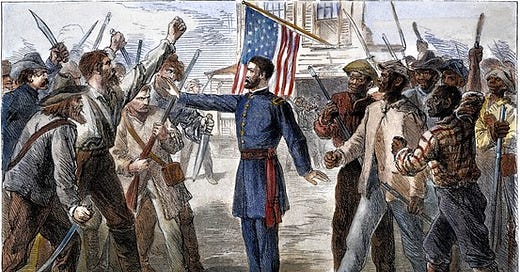



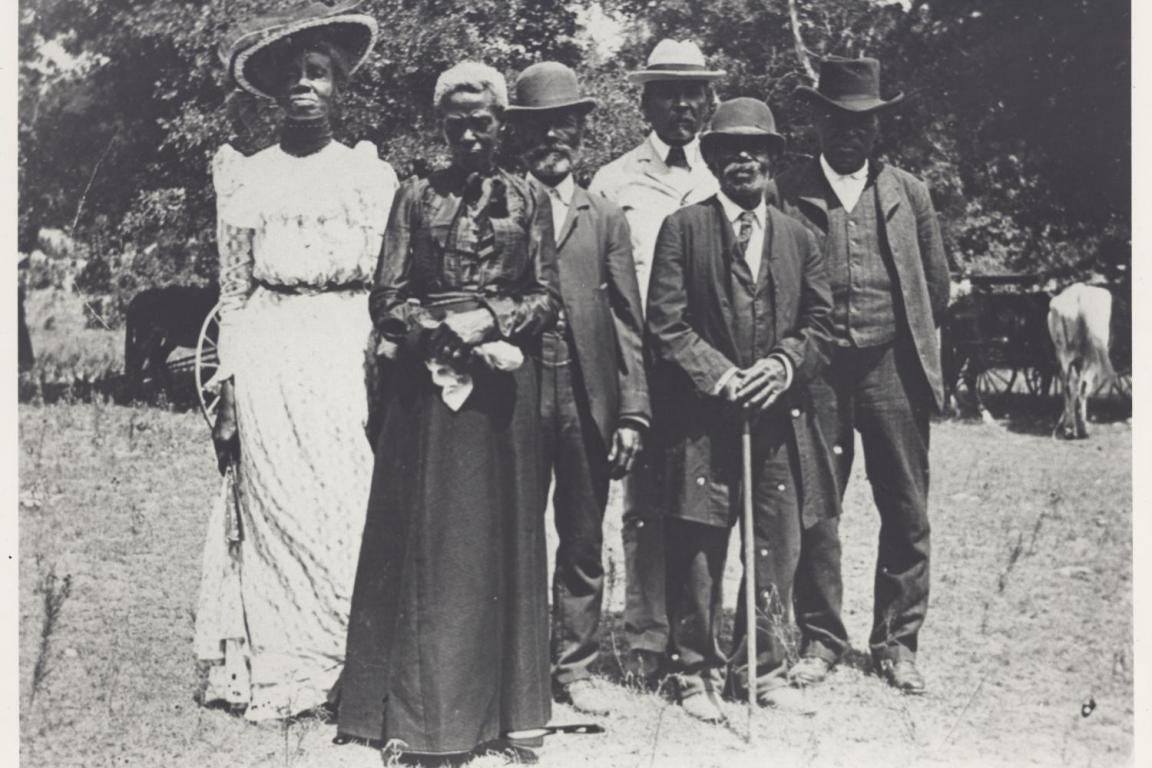


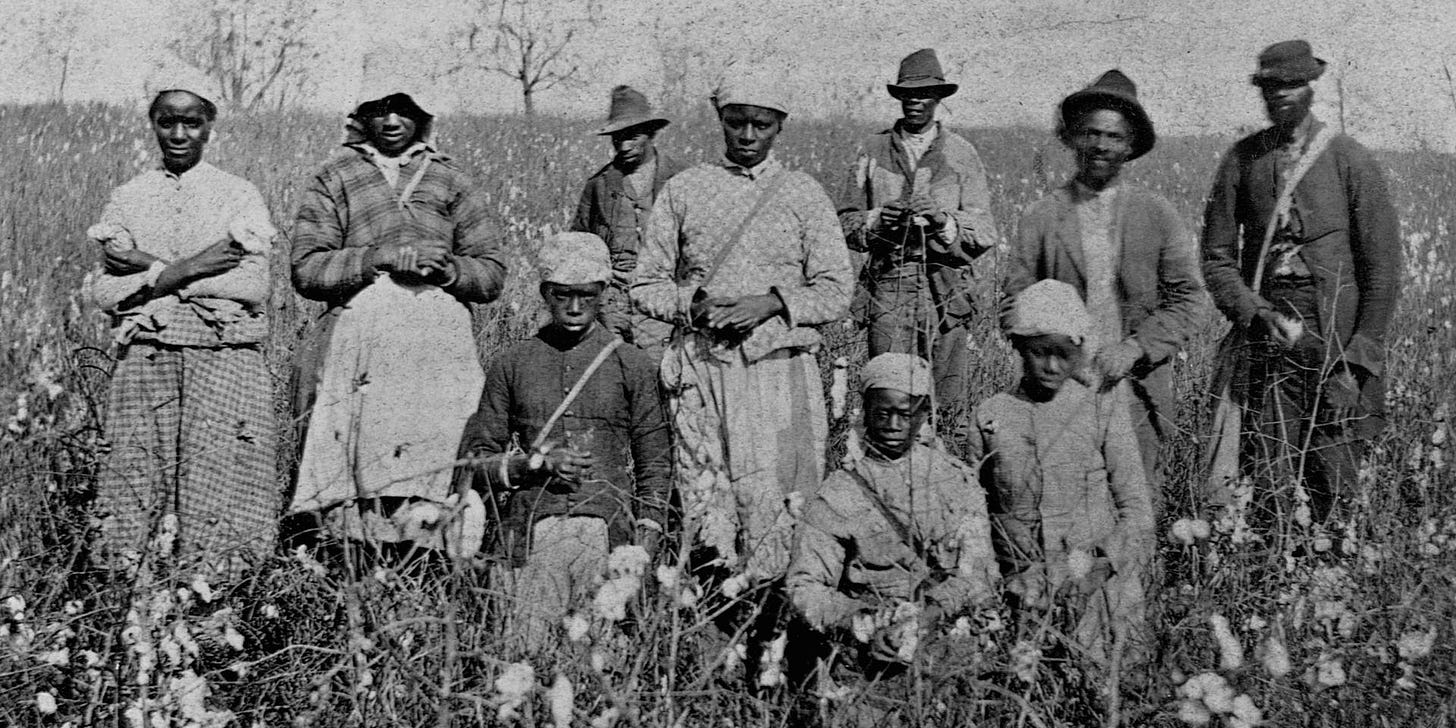
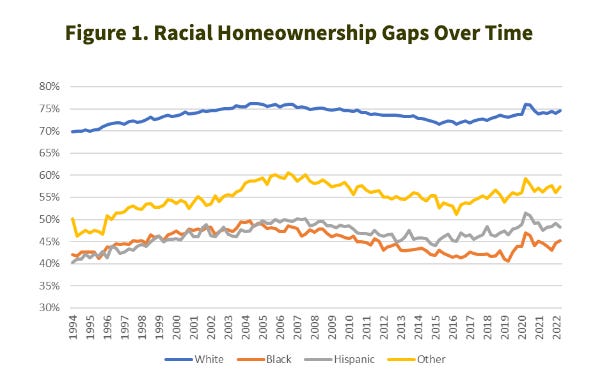

Great read! I’ve been looking forward to reading since you and I had an exchange on Notes. It did not disappoint.
(Markus Rose' comments below are really frightening).